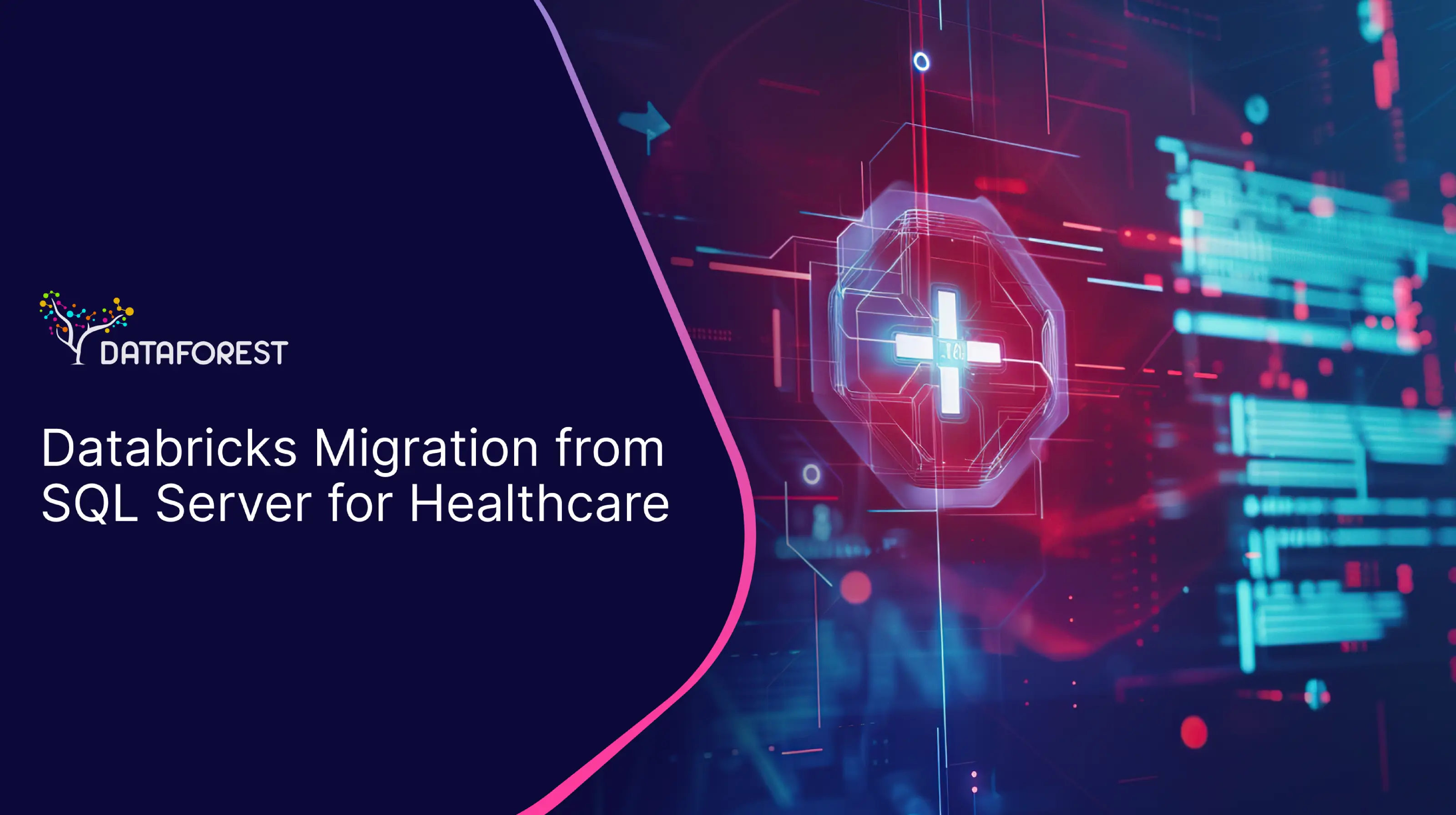Share
Table of contents:
DevSecOps is an evolutionary approach within the software development life cycle (SDLC) that integrates security practices and tools seamlessly into the DevOps process. The term is derived from combining the words "Development," "Security," and "Operations." DevSecOps is designed to bridge traditional gaps between IT and security while ensuring fast, safe delivery of code. In the increasingly complex and security-sensitive digital landscape, DevSecOps aims to bring security into the early stages of development rather than treating it as an afterthought, fostering a "security as code" culture.
Core Principles of DevSecOps
- Integrated Security: Unlike traditional models where security is a final step prior to deployment, DevSecOps integrates security measures at every phase of the development process, from initial design through integration, testing, deployment, and software delivery.
- Automation: By automating security tasks, DevSecOps aims to minimize the risk of human error and ensure consistent enforcement of security policies. This automation can include static and dynamic code analysis, vulnerability scanning, and automated compliance assessments, all incorporated into the continuous integration/continuous deployment (CI/CD) pipelines.
- Collaboration and Communication: DevSecOps promotes ongoing collaboration between development, security, and operations teams. This is often facilitated by using communication tools and regular meetings to discuss security concerns and ensure that all team members understand and prioritize security from the outset.
- Security as Code: Security policies and configurations are treated as code; they are versioned and integrated into the development lifecycle. This approach ensures that security practices are updatable and scalable alongside the application they protect.
- Proactive Risk Management: DevSecOps shifts security from being reactive to proactive. This means identifying potential security issues and threats early in the development process and addressing them before they become vulnerabilities in the deployed application.
- Continuous Learning and Feedback: Continuous monitoring and feedback mechanisms are integral to DevSecOps, allowing teams to learn from security incidents and continuously improve security measures. This feedback loop is critical for adapting to new threats and technologies.
Key Functions of DevSecOps
- Security Automation: Implementing tools that perform automated security checks and threat simulations to identify vulnerabilities before production.
- Continuous Compliance Monitoring: Ensuring that every part of the development process complies with regulatory and security standards, helping reduce compliance costs and risks.
- Threat Investigation and Response: Quickly addressing security breaches or potential threats identified through continuous monitoring, often using automated security orchestration tools.
DevSecOps is applicable in environments where security is a critical concern, such as in financial services, healthcare, and any industry handling sensitive user data. By incorporating security into the DevOps process, organizations can ensure faster deployments while maintaining strict security standards, thus reducing the potential for breaches and attacks.
The implementation of DevSecOps involves several steps:
- Training and Culture Change: Educating all stakeholders about the importance of security in the development process.
- Tool Integration: Incorporating security tools into the development pipeline that can automate security checks.
- Process Adjustment: Modifying existing workflows to include security reviews and threat modeling.
DevSecOps represents a fundamental shift in the approach to security in software development. It recognizes the need to consider security as an integral part of the development process, not an afterthought. This proactive approach helps organizations protect against modern threats in a way that complements the rapid pace of development and deployment inherent in DevOps practices. By embedding security at every phase, DevSecOps enables the creation of more robust and secure applications, thereby supporting organizations' overall business objectives and compliance with security standards and regulations.












